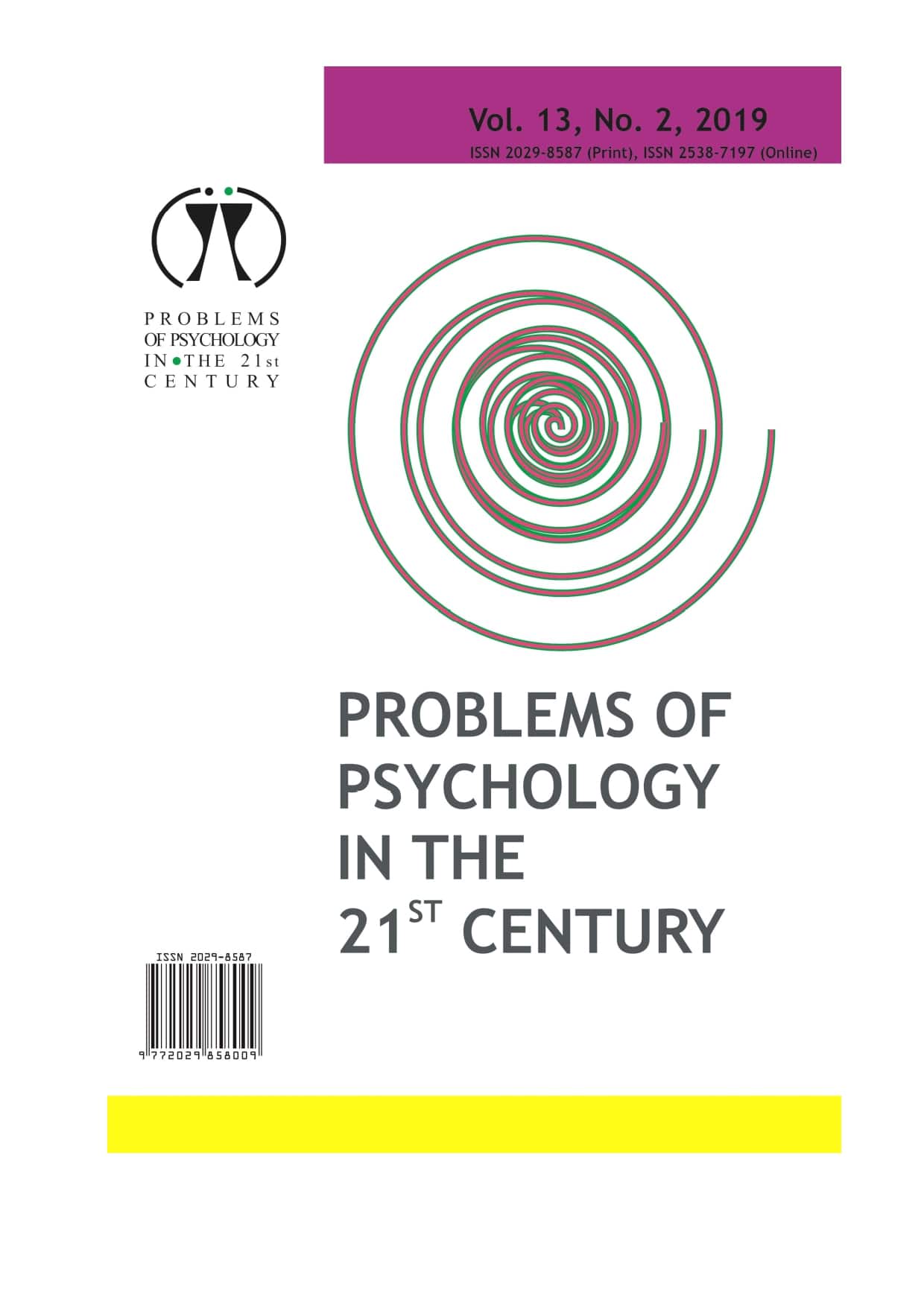PERSONAL VALUES AND SELF-ACCEPTANCE: ANXIETY FREE VS ANXIETY-BASED DIMENSION
PERSONAL VALUES AND SELF-ACCEPTANCE: ANXIETY FREE VS ANXIETY-BASED DIMENSION
Author(s): Mariam Kvitsiani, Maia Mestvirishvili, Khatuna Martskvishvili, Tamar Kamushadze, Mariam Odilavadze, Mariam PanjikidzeSubject(s): Psychology, Personality Psychology, Psychology of Self, Methodology and research technology
Published by: Scientia Socialis, UAB
Keywords: basic value systems; psychological flexibility; quantitative research; unconditional self-acceptance;
Summary/Abstract: When talking about human well-being, Unconditional Self-acceptance represents one of the cores. Although researchers have focused on various predictors of Acceptance, there is not a clear understanding of personal values impacting the process of accepting oneself. The aim of the research was to explore the association between basic values and unconditional self-acceptance, and to find out the role of psychological flexibility in this relationship. 370 participants filled the questionnaires to explore basic values, unconditional self-acceptance and psychological flexibility. As data showed, self-transcendence and openness to change predict higher level of psychological flexibility, however, only openness to change possesses positive predictive power for unconditional self-acceptance. Mediation model indicates that basic value system of openness to changes is the one, which reflected on individual’s higher psychological flexibility, and through this flexibility she/he achieves higher level of unconditional self-acceptance. The research confirmed a unique role of openness to change in association with self-acceptance which might be an important insight for clinical psychologists as well as for mental health professionals.
Journal: Problems of Psychology in the 21st Century
- Issue Year: 13/2019
- Issue No: 2
- Page Range: 84-100
- Page Count: 17
- Language: English

